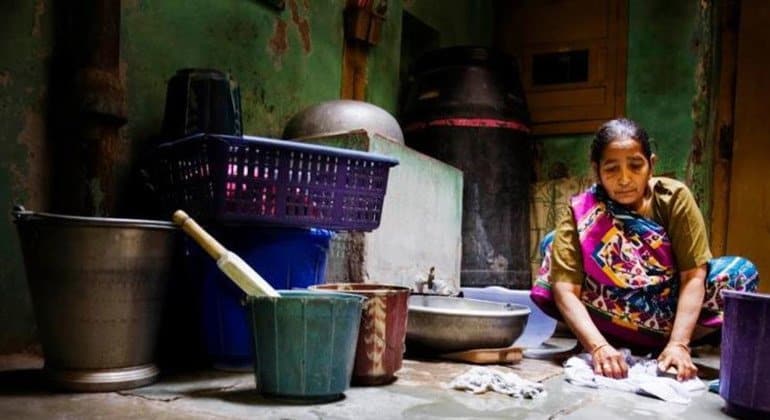Here’s the translation into American English:
—
Despite significant progress in gender equality over the past few decades, the current landscape reveals an alarming rollback in women’s rights globally. According to a report by UN Women, around 25% of countries are experiencing regression in this area. In commemoration of the agency’s 15th anniversary, an urgent call to action has been issued, presenting 15 key challenges that women face and proposing specific solutions.
One of the biggest obstacles is the lack of funding allocated to gender equality programs, which currently accounts for only 4% of total development funds. This has led to a call for all stakeholders—both public and private sectors—to significantly increase their investments in equality, with the aim of fostering sustainable development that leaves no one behind.
The situation becomes even more critical when considering that in 2023, approximately 85,000 women and girls were intentionally killed, equating to one death every ten minutes at the hands of a family member or partner. Additionally, one in ten women is living in extreme poverty. To address this crisis, policies that protect families in critical situations, such as cash assistance and paid maternity leave, are emphasized as essential.
In healthcare, it is alarming that nearly 800 women die daily from pregnancy-related complications, with the majority of these cases occurring in conflict-affected countries. Governments must address destructive gender norms and increase investment in safe and affordable sexual health services to reduce these preventable deaths.
Labor inequalities continue to pose a significant challenge, as women perform 2.5 times more unpaid work compared to men, limiting their access to the formal labor market. Moreover, they often earn 20% less than their male counterparts for the same work. It is urgent to promote equal pay, encourage transparency in compensation, and ensure fair working conditions.
In terms of legal rights, women possess only 64% of the rights that men have. Over half of the countries have at least one restriction preventing women from accessing the same jobs as men. With 75% of legislators being men and 103 countries having never had a woman as head of state, there is a clear need to challenge social norms that hinder women’s political advancement.
The gender digital divide also represents a significant challenge; in 2024, it was estimated that 277 million more men than women were using the Internet. If this disparity persists, low- and middle-income countries could lose $500 billion in revenue over the next five years.
Finally, more than 119 million girls still lack access to education, and 39% of young women do not complete upper secondary education. To improve these figures, it is essential to reduce educational costs and ensure safe and inclusive environments.
The current reality demands renewed commitment and urgent action to reverse the situation of inequality and violence against women.
—
If you need any further modifications, feel free to ask!
Source: MiMub in Spanish











